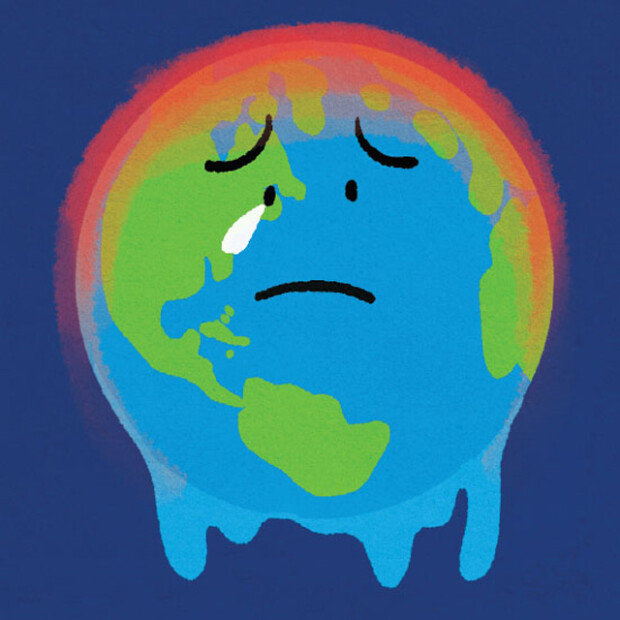Pascal’s 'wager'
Pascal’s 'wager'
Posted October. 19, 2019 07:38,
Updated October. 19, 2019 07:38

A growing chill deepens the autumn color of reeds across the fields of the country. As Pascal once said, “Man is a thinking reed.” The phrase means that humans can turn into incredible entities that can embrace the universe by practicing meditation despite their humbleness. It seems that the French philosopher’s saying may make great sense given that the destruction of Earth is one of the biggest concerns to humans who may be more trivial than a grain of dust wandering the universe.
On one hand, some scientists are concerned of global warming, arguing that the planet is getting warmer due to the greenhouse effect caused by ever-rising carbon dioxide levels since the industrialization era. The United Nations and its intergovernmental body Intergovernmental Panel on Climate Change have constantly warned that the only key to human survival is to hold back global warming by reducing carbon dioxide emissions.
On the other hand, climate “skeptics” denounce those who caution about a warming planet as “alarmists” while pointing out that their theories are based on weak scientific evidence. They maintain that more scientific research should be done to prove if humans are the main culprit behind global warming although they do not dismiss the greenhouse effect per se. As their argument goes, other factors have had greater impact on global warming such as Earth's orbit around the sun, ocean currents and volcanic explosions.
In fact, carbon dioxide plays a minor role in causing the greenhouse effect considering the contributions by material: 95 percent by vapor, four percent by carbon dioxide and one percent by other greenhouse gases. More specifically, 97 percent of carbon dioxide comes from nation while only three percent is produced by human factors. Thus, climatic skeptical voices conclude that humans are held accountable for as low as 0.12 percent of the greenhouse effect. Last month, 500 scientists around the world issued a letter of complaint to U.N. Secretary-General Antonio Guterres that there is lacking scientific evidence for the Climate Apocalypse.
Both global warming believers and non-believers have enough supporting scientific evidence to convince the public of their theories. Nevertheless, there is consensus between both sides that any scientist cannot predict what to happen in the coming years.
Then, what should we do if it is not fully sure that global warming will invite a catastrophic end to humanity? Pascal’s "wager” may give you a hint of what to do.
Blaise Pascal, who was a mathematician as well as theologian, used probability to explain how to decide whether or not to believe in God in reasonable sense. In short, there is nothing to lose if you do not believe in God in the case of His non-existence. However, what if God exists? Then, you would see a significant loss if you do not believe in Him. Likewise, it will be beneficial for you to be concerned of global warming and take precaution even if any disaster does not happen. Added to this, you will help address fine dust issues by averting environmental degradation and improving natural energy technologies to ensure growth engines and cut down on fossil fuels.
However, if humans refuse to believe global warming and keep using fossil fuels recklessly, the planet will choke in pollution even though a climatic disaster does not occur. In the worst-case scenario, a global warming crisis would lead to the demise of humanity. Thus, the more reasonable choice for a “thinking reed” to make is to prevent against global warming.
tjdrud0306@donga.com
Headline News
- Israel prepares for retaliation against Iran
- Samsung reclaims top spot, surpassing Apple in smartphone market
- 77% of Koreans in 20s and 30s are 'Kangaroo Tribe' due to job crisis
- KBO referees embroiled in controversy over ABS decision concealment
- Inflation, oil price surge put double shock on global economy







